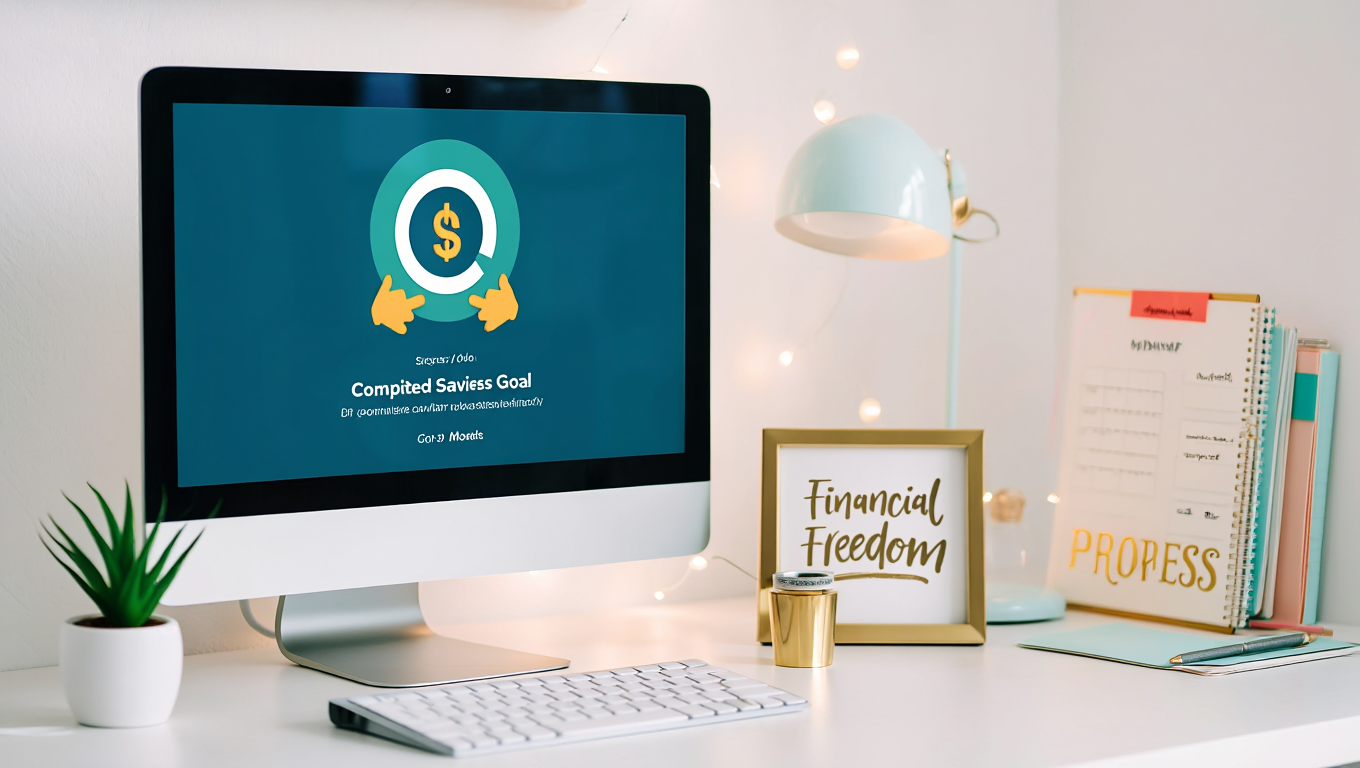
Master Your Money. Take Control of Your Future.
🧠 What Is Personal Finance Management?
Definition:
Personal finance management is the strategic planning and handling of your money—covering budgeting, saving, investing, debt management, and goal setting. It empowers you to make smart financial decisions every day.
Why It Matters:
- Reduces financial stress
- Increases control over your life
- Helps build wealth over time
- Aligns spending with your values
- Helps achieve both short- and long-term financial goals
💸 1. Start with a Budget
“A budget is telling your money where to go instead of wondering where it went.” — Dave Ramsey
✅ Why Budgeting Is Essential:
- Creates financial awareness
- Prevents overspending
- Ensures savings and debt repayments happen
- Helps plan for both expected and unexpected costs
📝 How to Create a Personal Budget:
- Know Your Net Income:
Total monthly income after taxes. - Track Monthly Expenses:
- Fixed: Rent, mortgage, utilities
- Variable: Food, entertainment, gas
- Allocate Funds Wisely:
- Needs (50%) – essentials like rent, groceries
- Wants (30%) – dining out, hobbies
- Savings & Debt (20%) – emergency fund, loans
- Use Budgeting Tools:
Apps like YNAB, Mint, or a Google Sheets template
💡 Pro Tip:
Try the 50/30/20 Rule to simplify your budgeting.
📊 2. Track Your Spending
“You can’t improve what you don’t measure.”
📈 Benefits of Tracking Spending:
- Spot hidden money leaks
- Reduce impulse purchases
- Stay accountable to your budget
- Align spending with values and goals
📲 How to Track Effectively:
- Use mobile apps (e.g., PocketGuard, Goodbudget)
- Set weekly spending limits
- Categorize every purchase (e.g., Food, Transport, Fun)
- Review weekly and adjust if needed
🎯 3. Set SMART Financial Goals
“A goal without a plan is just a wish.” — Antoine de Saint-Exupéry
📌 What Are SMART Goals?
- Specific: Define what you want
- Measurable: Attach numbers (e.g., $5,000 in 6 months)
- Achievable: Make sure it’s realistic
- Relevant: Must matter to you
- Time-bound: Set a clear deadline
🧭 Examples of SMART Goals:
- Save $10,000 for a home down payment in 18 months
- Pay off $3,000 in credit card debt by next December
- Build a $1,000 emergency fund in 90 days
💡 Pro Tip: Write down your goals and revisit them every month to stay motivated.
💳 4. Manage Debt Wisely
“Debt is the slavery of the free.” — Publilius Syrus
🧠 Understanding Good vs. Bad Debt:
- ✅ Good Debt: Student loans, mortgage (if manageable)
- 🚫 Bad Debt: High-interest credit cards, payday loans
🔧 Effective Debt Management Strategies:
- Avalanche Method: Pay highest interest first
- Snowball Method: Pay smallest balances first for momentum
- Debt Consolidation: Combine loans into one with lower interest
- Refinance: If it lowers monthly payments or interest rate
💡 Debt Rules to Live By:
- Don’t borrow for wants—only for needs
- Avoid minimum payments—they keep you in debt longer
- Reevaluate your spending if debt is growing monthly
💰 5. Build an Emergency Fund
Peace of Mind > Panic
🧱 What It Is:
An emergency fund is a financial safety net for unexpected events like job loss, car repairs, or medical emergencies.
📌 Emergency Fund Goals:
- Starter Goal: $500 to $1,000
- Long-Term Goal: 3–6 months of living expenses
🔐 Where to Keep It:
- High-yield savings account
- Separate from your checking to avoid dipping in
💡 Quick Tip:
Automate small weekly transfers to build your fund effortlessly.
📈 6. Start Saving & Investing Early
“The best time to plant a tree was 20 years ago. The second-best time is now.”
📊 Difference Between Saving and Investing:
- Saving: Low-risk, short-term goals
- Investing: Higher risk, long-term wealth building
🏦 Short-Term Savings:
Use for: Travel, emergency fund, holiday gifts
Tools:
- High-yield savings accounts
- CDs (Certificates of Deposit)
- Money market accounts
📈 Long-Term Investing:
Use for: Retirement, home purchase, wealth growth
Tools:
- Employer 401(k) or IRA
- Index Funds & ETFs
- Robo-advisors (e.g., Betterment, Wealthfront)
- Real estate or REITs
💡 Beginner Tips:
- Start small ($25/month is enough)
- Don’t try to time the market
- Diversify your investments
- Reinvest dividends for compound growth
🔐 7. Protect Your Finances
You work hard for your money—protect it.
🛡️ Must-Have Financial Safeguards:
- Insurance Coverage:
- Health
- Auto
- Renters/Home
- Life (especially if you have dependents)
- Cybersecurity Measures:
- Use strong, unique passwords
- Enable 2FA on bank & investment accounts
- Monitor for phishing scams
- Check Your Credit Report:
- Use AnnualCreditReport.com
- Review for errors or fraudulent activity
- Monitor your credit score monthly
💡 Tip: Set calendar reminders to check your financial health quarterly.
📅 8. Review and Adjust Regularly
Your life changes. So should your financial plan.
🔁 Monthly Financial Check-In:
- Review your budget and expenses
- Track goal progress
- Adjust for upcoming events (e.g., holidays, travel)
- Look for areas to cut back or improve
🔄 Quarterly or Annual Financial Review:
- Reevaluate goals and priorities
- Review insurance policies
- Rebalance investment portfolios
- Plan big expenses (e.g., home upgrade, education)
💡 Pro Tip: Schedule a “money date” with yourself (or your partner) once a month.
🚀 Final Thoughts: Make Personal Finance a Lifestyle
You don’t need to be a financial expert—you just need a plan and consistency.
Remember:
- Every dollar has a job
- Progress > perfection
- Small habits = big results
🛠️ Ready to Take the First Step?
Start strong with our plug-and-play personal finance templates:
✅ Monthly Budget Planner
✅ Expense Tracker
✅ Debt Payoff Worksheet
✅ Savings Goal Tracker
✅ Net Worth Calculator
📥 Download once. Use forever.
🎯 Designed for clarity, speed, and results.


